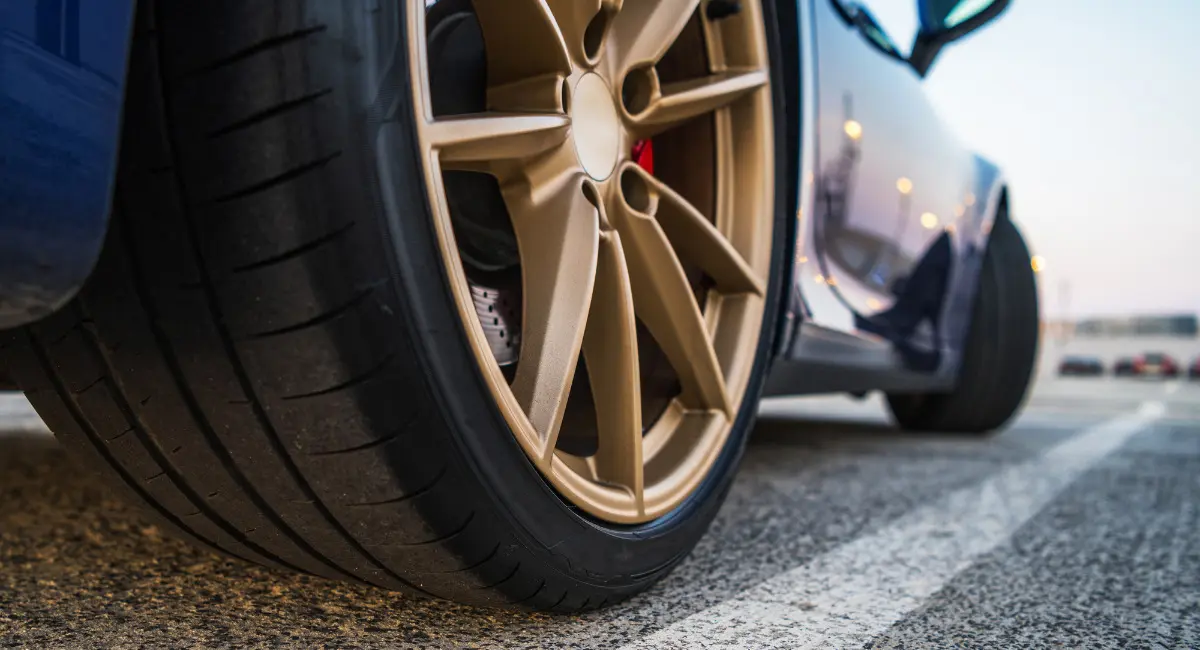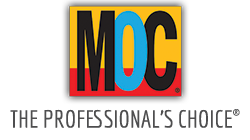
Benefits of Using a Nitrogen Tire Inflation Program
Nitrogen tire inflation has recently gained popularity as an alternative to traditional compressed air or regular air inflation. Nitrogen, being a larger chemical structure than oxygen, has several benefits when used to inflate tires. One of the most significant advantages of nitrogen tire inflation is that it helps to maintain tire pressure for a more extended period, reducing the frequency of tire maintenance.
Proponents of nitrogen tire inflation also argue that it can improve fuel efficiency and reduce tire wear. The reason for this is that nitrogen-filled tires maintain proper pressure for longer periods, resulting in better gas mileage and longer tire life. Additionally, nitrogen-filled tires are less likely to experience blowouts or flat tires since nitrogen is an inert gas and does not support combustion. Nitrogen will not compromise the TPMS* system in vehicles and provides accurate PSI reading in Tire Pressure Monitoring Systems*.
While some may argue that nitrogen tire inflation is not necessary, it is worth considering the benefits it can provide. Proper tire pressure is crucial for vehicle safety and performance, and nitrogen tire inflation provides a reliable way to maintain it.
Benefits of Nitrogen Tire Inflation
Nitrogen tire inflation is a process that replaces the regular air in your tires with nitrogen product. This process has become increasingly popular due to its numerous benefits. In this section, we will discuss the benefits of nitrogen tire inflation and how it can improve your vehicle’s performance.
Improved Fuel Economy
One of the main benefits of nitrogen tire inflation is the potential for improved fuel economy. Nitrogen molecules are larger than oxygen molecules in regular air, making them less likely to escape through the tire’s rubber. This results in a more stable tire pressure, which can improve your vehicle’s gas mileage.
Extended Tire Life
Another benefit of nitrogen tire inflation is extended tire life. Regular air contains moisture and water vapor that can cause rust and corrosion within the tire. Nitrogen, on the other hand, is a dry inert gas that does not contain moisture. This means that nitrogen-filled tires are less likely to experience rust or corrosion, which can extend the life of your tires.
Increased Safety
Nitrogen tire inflation can also improve safety on the road. Under-inflated tires are a leading cause of tire failure and blowouts. Nitrogen-filled tires maintain proper tire pressure for longer periods of time, reducing the risk of under-inflation and increased temperature of tires. According to the National Highway Traffic Safety Administration, under-inflated tires can cause increased wear, tire damage, and even accidents. Nitrogen tire inflation can help prevent these issues and keep you safer on the road.
In addition to these benefits, nitrogen tire inflation also offers advantages such as reduced rolling resistance, which can improve handling and reduce tire wear. Nitrogen tire inflation is also an inert gas, meaning it does not react with other substances, reducing the risk of oxidation and other forms of tire damage.
While nitrogen tire inflation may cost more than regular air, its benefits can make it a worthwhile investment. Many tire dealers and shops now offer nitrogen fill for new tires or tire care. Nitrogen tire inflation is also commonly used in military, heavy-duty, and construction vehicles, as well as airplanes, due to its many benefits.
Nitrogen Now!
Many dealerships offer a nitrogen tire inflation and maintenance program that allows customers to take advantage of these benefits. The program includes filling tires with nitrogen and also provides roadside/road hazard benefits. Service centers and dealerships use the Nexus 6 series generator and inflator to automatically inflate up to four tires at a time using digital inflation technology. Learn more here.
Cost of Nitrogen Tire Inflation
One of the main concerns for car owners is the cost of nitrogen tire inflation. In this section, we will explore the initial cost of nitrogen tire inflation, as well as the long-term savings that it can provide.
Initial Cost
The initial cost of nitrogen tire inflation can vary depending on where you go to have it done. Some dealerships offer nitrogen tire inflation as an add-on service when you purchase a new car, while others may charge a fee. On average, the cost of nitrogen tire inflation can range from $5 to $10 per tire.
While the initial cost is an investment and is important to consider the long-term savings that nitrogen tire inflation can provide. By using nitrogen instead of regular air, you can reduce the frequency of tire pressure checks and refills, which can save you time and money in the long run.
Long-Term Savings
The long-term savings of nitrogen tire inflation can be significant. Nitrogen is less prone to leaking than regular air, which means that your tires will maintain their pressure for longer periods of time. This can improve fuel efficiency, as underinflated tires may decrease gas mileage by up to 3%.
In addition, nitrogen tire inflation can also extend the life of your tires. Regular air contains moisture, which can cause corrosion and damage to the inside of your tires over time. Nitrogen, on the other hand, is dry and does not contain moisture, which can help to prevent damage and prolong the life of your tires.
Overall, while the initial cost of nitrogen tire inflation may seem like a drawback, long-term savings can be significant. By reducing the frequency of tire pressure checks and refills, improving fuel efficiency, and extending the life of your tires, nitrogen tire inflation can be a cost-effective choice for car owners.
Proper Tire Inflation
Proper tire inflation is essential for the safety of your vehicle and its passengers. It is also crucial for the longevity of your tires and fuel efficiency of your vehicle. Nitrogen tire inflation programs can help you maintain proper tire inflation for an extended period.
Effects of Under-Inflation
Under-inflated tires can cause many problems, including reduced fuel efficiency, increased tire wear, and decreased handling and braking capabilities. Additionally, under-inflated tires generate more heat, which can cause tire failure.
Effects of Over-Inflation
Over-inflated tires can be just as dangerous as under-inflated tires. Over-inflated tires can cause uneven tire wear, reduced handling, and decreased braking capabilities. Over-inflated tires can also lead to a harsher ride, making the drive uncomfortable.
Proper tire inflation is crucial for the safety and efficiency of your vehicle. Nitrogen tire inflation programs can help you maintain proper tire pressure for an extended period. According to Continental Tires, nitrogen-filled tires maintain proper pressure longer than compressed air-filled tires in fluctuating temperatures.
If you are interested in offering your customers the benefits of nitrogen-filled tires, reach out to MOC Products and we can set you up with the Nitrogen Now! program.

